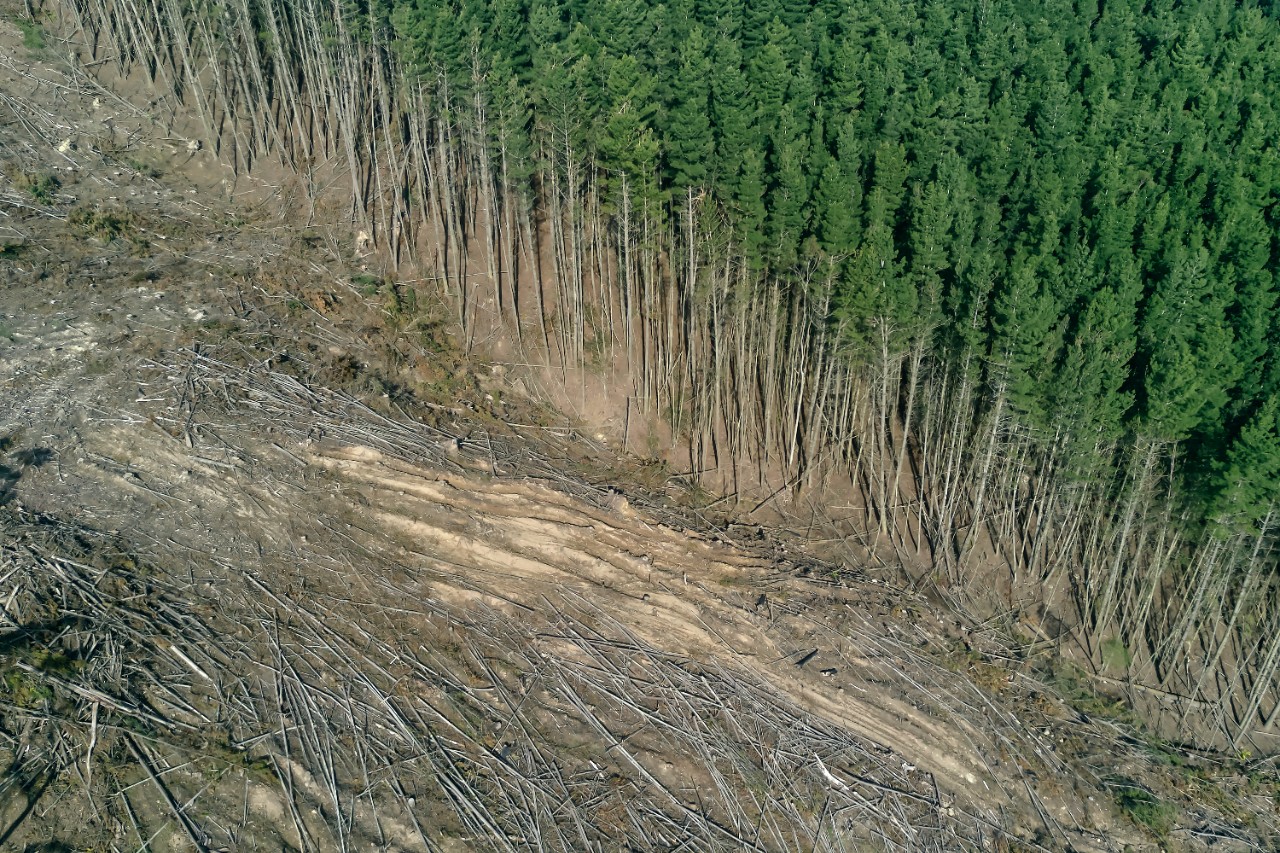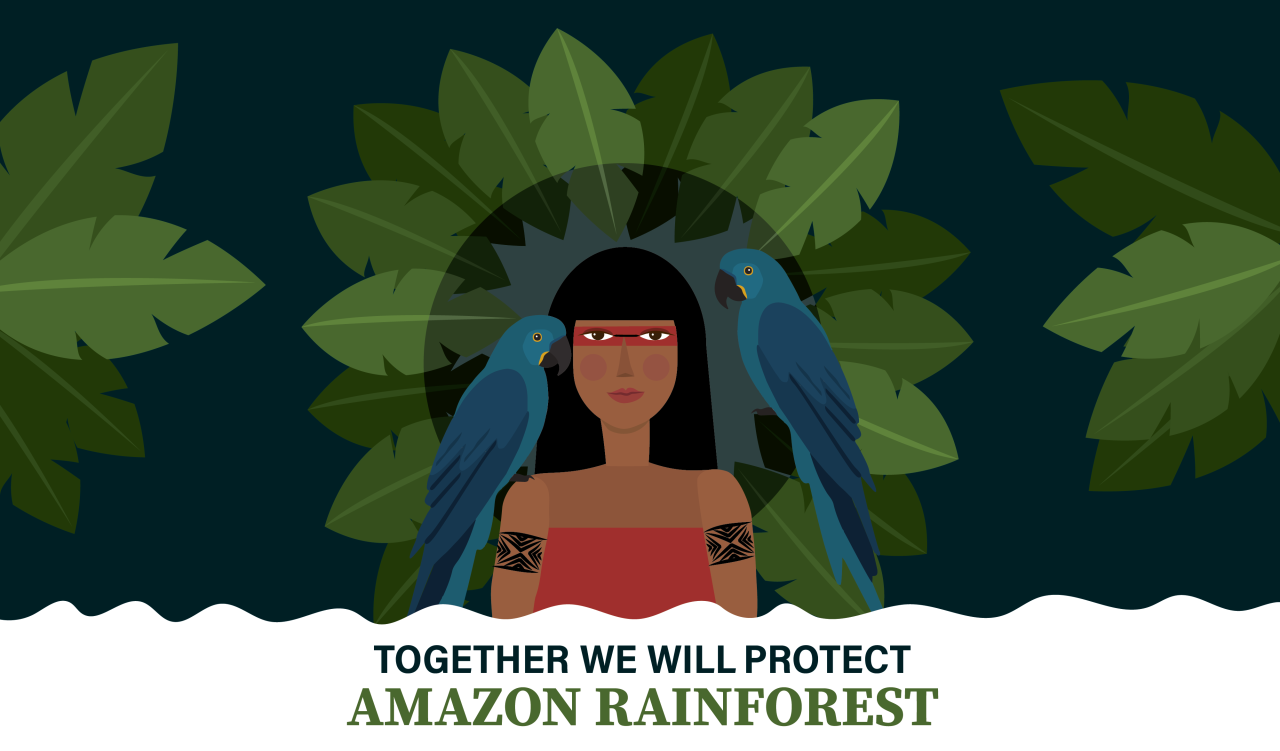Brazil is considered the world’s fifth-largest country in terms of both area and population, covering 60% of South America’s land mass. However, due to its large size, it faces complex environmental architecture with several challenges. The country has large reserves of biodiversity and is home to the world’s largest rainforest, the Amazon. The Brazilian Amazon represents 60% of Brazil’s territory and extends to more than 5 million km2.
One of the biggest challenges the Amazon has experienced is extensive deforestation as a result of the expanding agricultural industry. Despite the importance of the Amazon, deforestation levels are reaching a point of irreversibility. In addition, the lack of protection such as the creation of a cycle of deforestation, drought, and loss of biodiversity is amplifying climate change and its impacts.
These increasing environmental concerns are causing social implications. Threats to forest areas are threatening marginalized groups, such as family farmers, and indigenous and traditional populations.

Deforestation remains a complex problem along with difficult solutions. However, fortunately, a lot of people see the importance of the rainforest, especially in the nonprofit sector. Experts believe that tackling deforestation in the Amazon requires a new development vision for the region. Some of the current solutions focus on the importance of multi-stakeholder engagement in regard to monitoring, environmental control and accountability, land use, creation of protected areas, and promotion of sustainable production activities.
The nonprofit sector and businesses start acting when the government does not have the capacity to help. Charities are able to use their influence to advocate and lobby on political levels while also working closely with local Amazonian communities. Some of the best practices include lobbying for indigenous human and land rights, campaigning against destructive industries, or developing sustainable practices for farmers leading to efforts in the preservation of the Amazon! Businesses contribute by providing strong support to various non-profits.
As highlighted earlier, businesses are supporting non-profits in order to take action. A strong example of this is the Women Force NFT project. The Women Force NFT team partnered up with Kinder recently with the purpose of selling NFTs and donating 40% of their total sales to support the Amazon Rainforest and its populations. Besides helping the environment, the project also provides web3 education, art mentorship, digital arts, and a trip to Brazil among other benefits to its holders.
For more information on the Women Force NFT project, join their project here!
In addition, we will be presenting our United Action in collaboration with the Women Force NFT next month, consisting of the very best-performing charities that are dedicated to preserving the Amazon!





